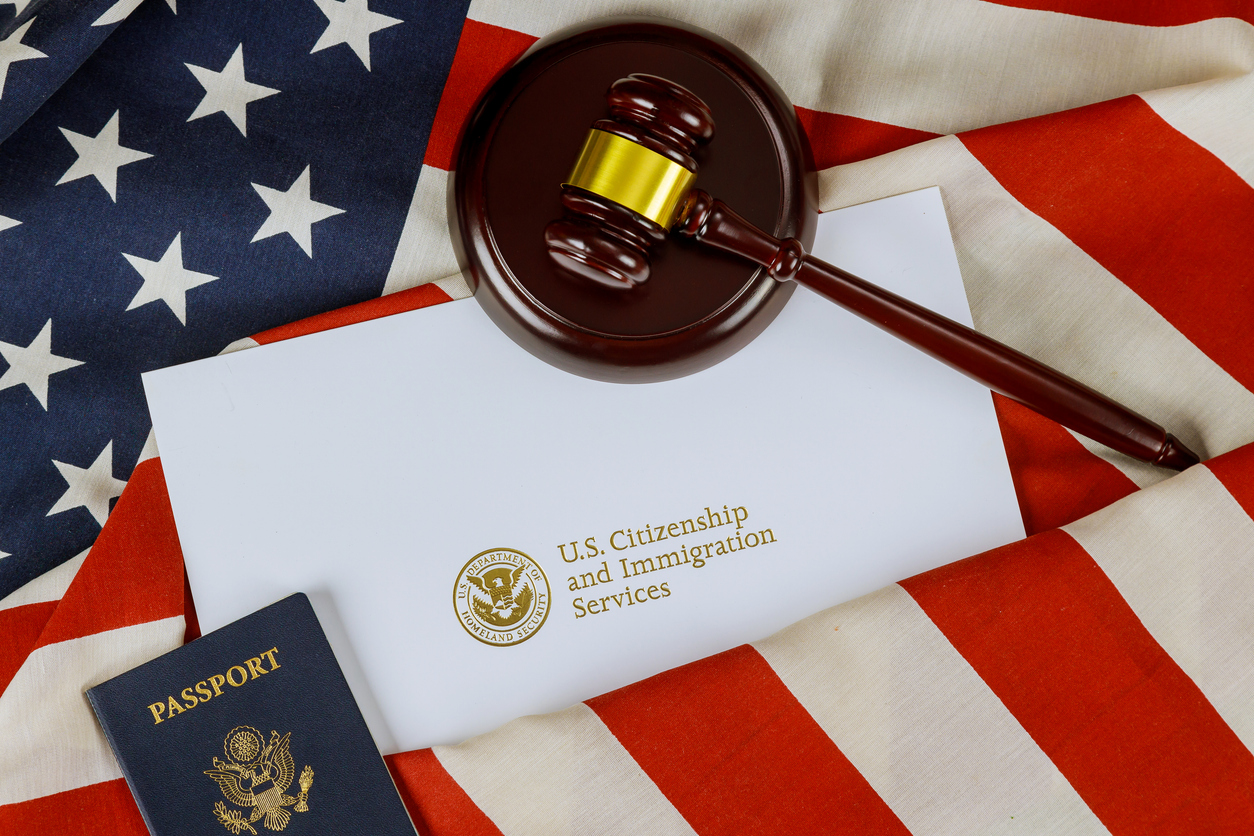The U.S. Citizenship and Immigration Services (USCIS) has announced a significant policy shift: the creation of a new law enforcement division within the agency. This division will include special agents authorized to carry firearms, make arrests, and conduct investigations into suspected immigration fraud.
This marks a notable change for an agency traditionally focused on processing immigration benefits rather than enforcement.
What Is the Role of USCIS?
USCIS is the federal agency responsible for handling immigration benefits, including green cards, naturalization, work permits, and humanitarian relief. Historically, it has been separated from immigration enforcement agencies to foster trust among applicants submitting sensitive personal information.
However, under a new federal rule issued by the Department of Homeland Security (DHS), USCIS will expand its role to include federal law enforcement authority.
What Will the New USCIS Law Enforcement Division Do?
According to USCIS, the new unit will begin with around 200 federal agents who will be trained and deployed over the coming months. These agents will investigate cases involving suspected fraud in immigration applications and may arrest individuals—including applicants and attorneys—when there is evidence of wrongdoing.
USCIS leadership has emphasized that the focus of this enforcement will be on individuals or networks that attempt to exploit the system, not on lawful applicants. The agency has stated that this move is intended to strengthen the integrity of the immigration system and streamline the handling of fraud cases internally, rather than referring them to other agencies.
What Are the Broader Implications?
The decision has generated a range of reactions. Supporters of the move argue that it equips USCIS with tools to address complex fraud and national security threats more effectively. They believe it will help reduce case backlogs by allowing the agency to independently handle investigations and prosecutions.
Critics, including former immigration officials and advocacy groups, have raised concerns that this shift may discourage eligible immigrants from applying for benefits out of fear of law enforcement scrutiny. Some have also questioned whether this change reintroduces a blurred line between benefits and enforcement, which Congress had previously tried to separate.
Other recent policy updates from USCIS, including increased social media vetting and the resumption of in-person neighborhood investigations, have added to concerns about how these changes may affect immigrant communities.
What Should Applicants Know?
This development does not change the basic eligibility requirements for immigration benefits, nor does it affect the rights of applicants to seek legal immigration status in the United States. Most applicants who follow the law and provide truthful information should not expect to be impacted by the new enforcement unit.
However, it does underscore the importance of accuracy and transparency in all immigration filings. Submitting complete and honest applications—and seeking reliable legal guidance when needed—remains the best way to protect your immigration journey.
If you’re preparing to apply for a green card, citizenship, or any other immigration benefit, staying informed about policy changes like this one can help you avoid unnecessary risks. At Odunlami Law, we are committed to guiding individuals and families through every step of the immigration process with diligence and care. If you have questions about your case or want help ensuring your application is properly prepared, we invite you to contact our office to schedule a consultation.
Subscribe to Our Email Newsletter
Sign up for Odunlami Law’s newsletter for helpful insights and guidance on your immigration journey. Subscribe today to stay informed.



